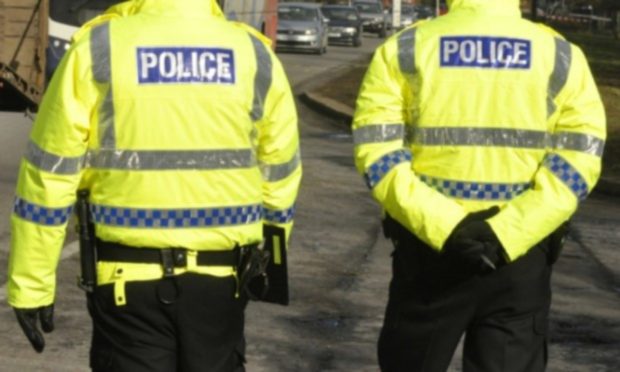The number of sick days police officers have taken due to stress and mental health-related issues has increased over the past three years.
The Scottish Sun has reported that days off due to psychological disorders rose from 38,588 in 2017-18 to 65,998 in 2019-20.
The annual total works out at nearly four days off per year for the 17,000-plus officers employed by Police Scotland.
Concern has also been raised over the demands placed on officers amid claims of growing workloads and cuts to budgets and officer numbers.
Fears for policing as coronavirus self-isolation adding to ‘eye-watering’ pressures on service
Scottish Police Federation chairman David Hamilton told The Sun: “These figures are further evidence of policing’s mental health crisis.
“Officers are burning out by being asked to do too much, too often
“The service acknowledges these problems and that we are running our officers ‘hot’ with too much demand and not enough numbers.
“Why then there are talks about cutting officer numbers and taking on additional roles is beyond me.”
The psychological disorders category includes alcohol problems, anxiety, bereavement, depression, insomnia, post-natal depression and post-traumatic stress.
The federation said a recent study into the working conditions and wellbeing of UK police officers by Cambridge University found 41% were frequently exposed to traumatic incidents, while 12% of trauma-exposed workforce had symptoms consistent with complex PTSD.
Deputy Chief Constable Fiona Taylor said: “We know that mental health is an increasing problem in society as a whole.
“Policing is a job like no other and our officers and staff do find themselves in situations which can be stressful, traumatic and can have a lasting impact on them.
“The wellbeing of our officers and staff is our priority and Police Scotland provides a range of support mechanisms to colleagues, including counselling services and post-incident trauma support as well as proactive screening.
“We are investing significantly in this work this year and have introduced mental health awareness training for police officers.
“We also have 200 Wellbeing Champions across the organisation to offer peer support and officers and staff can download a Backup Buddy app to their mobile devices which has been specially developed in recognition of the need to support the mental health of those in policing.”
Scottish Conservative leader Douglas Ross— whose wife Krystle is a police sergeant — added: “These figures show that police officers are under more stress than ever before.
“The number of days off have gone through the roof and that’s because the SNP Government are not giving officers the resources to do their job.
“My wife is a police sergeant and I know first-hand how demanding, both mentally and physically, the job can be. We have got to start getting police officers and emergency service workers the support they need.”
A spokesman for SNP Justice Secretary Humza Yousaf said: “Despite UK Government cuts to the Scottish Budget, the Scottish Government has increased the policing budget by £60million in 2020-21.”
